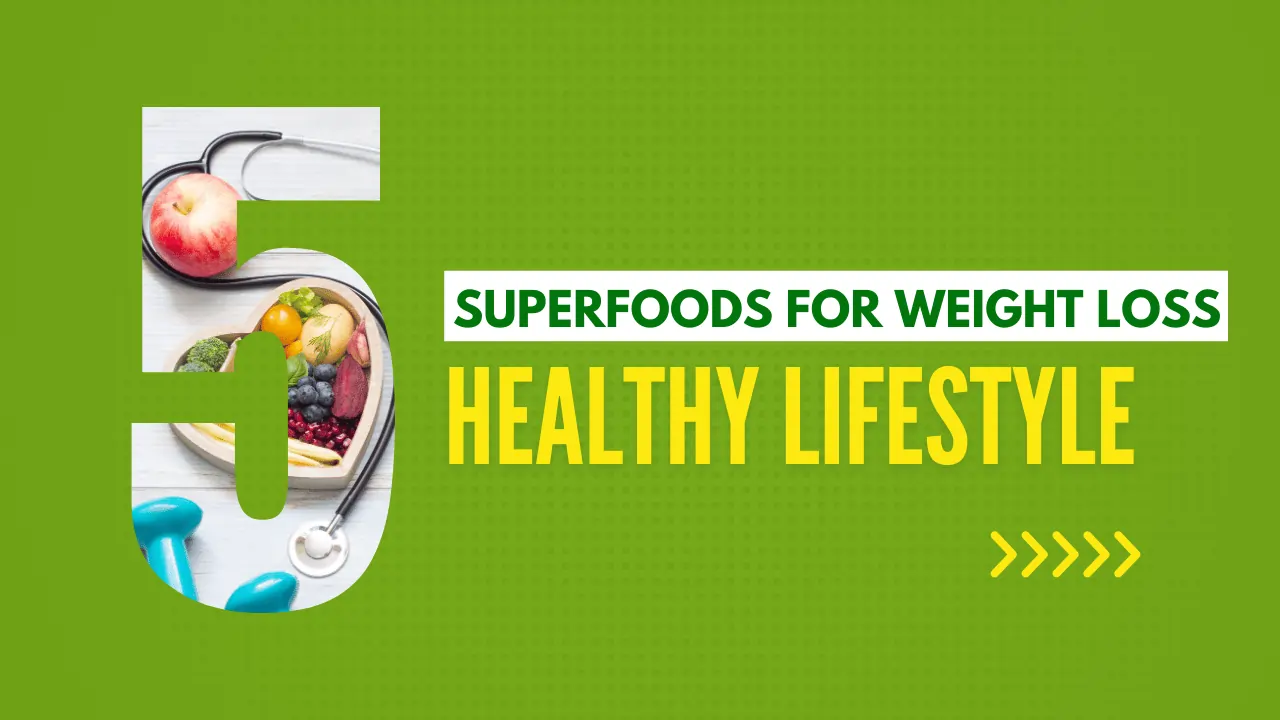Vitamins are essential for your child’s growth, immune support, and overall well-being. As kids grow, their bodies need the right nutrients to ensure proper development and prevent deficiencies. In this article, we’ll explore the top 5 vitamins every kid needs, their benefits, and the best sources to include them in your child’s diet.
Table of Contents
Top 5 Vitamins
1. Vitamin A: Essential for Vision and Immunity
Vitamin A plays a vital role in maintaining good eyesight, supporting the immune system, and promoting healthy skin and tissues. It is particularly crucial during early developmental stages when a child’s vision and immune defense systems are still developing.
Benefits of Vitamin A for Kids
- Supports eye health and prevents night blindness.
- Strengthens the immune system to fight off infections.
- Promotes healthy skin and tissue development.
Best Sources of Vitamin A
- Dairy products such as milk and cheese.
- Orange and yellow fruits and vegetables like carrots, sweet potatoes, and mangoes.
- Leafy greens such as spinach and kale.
- Liver from meat sources, which is exceptionally rich in Vitamin A.
2. Vitamin D: The Sunshine Vitamin
Known as the sunshine vitamin, Vitamin D is essential for strong bones and teeth. It aids in calcium absorption, making it a key nutrient in your child’s growth and bone development.
Benefits of Vitamin D for Kids
- Facilitates calcium absorption to strengthen bones and teeth.
- Helps prevent rickets, a condition caused by Vitamin D deficiency.
- Supports immune system health.
Best Sources of Vitamin D
- Sunlight exposure: 10-15 minutes of daily sunlight can boost Vitamin D levels.
- Fortified foods: Milk, orange juice, and cereals often have added Vitamin D.
- Fatty fish: Salmon, mackerel, and tuna are excellent sources.
- Egg yolks and mushrooms also provide some Vitamin D.
3. Vitamin C: Immunity Booster and Antioxidant Powerhouse
Vitamin C is an essential antioxidant that plays a significant role in supporting the immune system and protecting the body from free radicals. It also promotes the absorption of iron, making it indispensable for overall health.
Benefits of Vitamin C for Kids
- Boosts immunity and helps ward off colds and flu.
- Aids in iron absorption to prevent anemia.
- Supports wound healing and skin health.
Best Sources of Vitamin C
- Citrus fruits: Oranges, lemons, and grapefruits are packed with Vitamin C.
- Berries: Strawberries, blueberries, and raspberries are excellent sources.
- Vegetables: Bell peppers, broccoli, and Brussels sprouts provide high Vitamin C content.
- Kiwi and papaya are other nutrient-dense options.

4. Vitamin B Complex: Energy and Brain Development
The Vitamin B complex includes a group of essential vitamins like B1 (thiamine), B2 (riboflavin), B3 (niacin), B6 (pyridoxine), and B12 (cobalamin). Together, they are crucial for energy production, brain development, and maintaining a healthy nervous system.
Benefits of Vitamin B Complex for Kids
- Converts food into energy for active lifestyles.
- Supports brain and nervous system development.
- Promotes healthy red blood cell production.
Best Sources of Vitamin B Complex
- Whole grains: Brown rice, oats, and whole wheat bread.
- Lean meats and poultry: Chicken, beef, and turkey are great options.
- Eggs and dairy products like yogurt and cheese.
- Legumes and nuts such as lentils, beans, and almonds.
5. Vitamin E: Protector of Cells
Vitamin E is a powerful antioxidant that helps protect the body’s cells from damage. It plays an important role in skin health, immune function, and maintaining cellular health.
Benefits of Vitamin E for Kids
- Protects cells from oxidative stress.
- Supports immune system function.
- Maintains healthy skin and hair.
Best Sources of Vitamin E
- Nuts and seeds: Almonds, sunflower seeds, and peanuts.
- Vegetable oils: Sunflower oil, safflower oil, and wheat germ oil.
- Leafy greens like spinach and kale.
- Fortified cereals are also good sources.
How to Ensure Kids Get Enough Vitamins
While a balanced diet is the best way to ensure your child receives these essential vitamins, here are a few tips to fill nutritional gaps:
- Serve a rainbow of fruits and vegetables: Different colors provide a variety of vitamins.
- Choose fortified foods: These can supplement the vitamins naturally found in food.
- Consider a pediatric multivitamin: Consult your doctor before introducing supplements.
Tips for Ensuring Kids Get Enough Vitamins
- Balanced Meals: Serve a variety of fruits, vegetables, lean proteins, and whole grains.
- Fortified Foods: Look for cereals, juices, and dairy products fortified with essential vitamins.
- Limit Junk Food: Encourage nutrient-dense snacks over sugary or processed options.
- Supplements if Needed: Consult a pediatrician about multivitamins for picky eaters or special dietary needs.
Proper nutrition not only enhances physical health but also supports cognitive development and emotional well-being. Prioritize these essential vitamins to set your child on the path to lifelong health and vitality.
Ensuring your child gets the right vitamins is crucial for their growth and overall health. By including a variety of nutrient-rich foods in their diet, you can support their development and protect them from deficiencies. Always consult a pediatrician for personalized advice, especially if you’re considering supplements.
Frequently Asked Questions (FAQs)
How can I tell if my child has a vitamin deficiency?
Symptoms may include fatigue, slow growth, brittle nails, and frequent illnesses. Seek medical advice if concerned.
Are vitamins from food better than supplements?
Yes, vitamins from whole foods are absorbed more effectively by the body.
Is it possible for kids to get too many vitamins?
Yes, excessive vitamin intake, especially from supplements, can cause toxicity. Always follow recommended dosages.
What’s the best way to ensure kids eat more vitamin-rich foods?
Make meals fun and colorful, involve kids in meal prep, and introduce new foods gradually.







